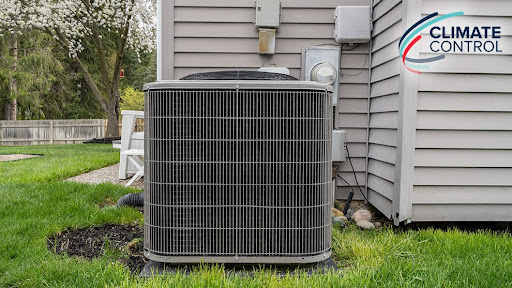You can drive to work in a Hyundai Accent. You can drive to work in a Mercedes S Class. Both are reliable cars and will get you from home to work without a problem, but that’s pretty much where the comparison ends. Climate Control Company believes a similar analogy can be made when it comes to heating and cooling your Glenwood Springs, Aspen, or Vail, CO home.
You have choices
For decades now, the majority of American homes have been heated and cooled by forced air systems. They blow conditioned air through a system of ducts. Depending on the season, the hot or cold air makes your home comfortable. Just like the Hyundai, a forced air system will do a fine job. But different choices are available, and they may put a little more luxury in your life.
Radiant heating
In one form or another this type of heating has been around since the days of the Roman Empire. One type is the hot water or steam radiators you may have grown up with in your school or home. Today the most popular form is in-floor radiant heating. Water, heated by a boiler, is pumped through tubes installed under your floor. The warmth from the floor radiates throughout the room.
The benefits
Now you are asking, “Just what makes radiant floor heating the Mercedes Benz of home heating?” We can think of several reasons:
- No noisy blowers & fans—They blow the hot air around the house but also carry dust and allergens. Floor heating is totally quiet as the heat slowly warms all the objects in the room.
- Even heating—Many times with forced air systems the upstairs is too hot, and the downstairs is too cold. Those problems disappear because radiant heating is much more evenly distributed.
- No floor registers or return ducts—This means complete freedom to arrange and decorate as you please. You don’t have to worry about covering up the hot air registers when you put the sofa or entertainment center in the location you want.
- Custom control—Radiant floor heating can be easily zoned, meaning each room or area can be set to different temperatures. Zoning is possible with forced air systems, but it’s much more difficult to accomplish.
- Energy savings—Radiant heating is generally 25% more efficient than forced air. A big reason is because there is no ductwork. In a typical forced air system, it’s not unusual for the ducts to waste 30% of your hot air in winter and cold air during the air conditioning season.
There’s no “bad” decision
Climate Control knows not everyone can afford to buy a Mercedes. The upfront cost of radiant floor heating is higher. That’s one reason why forced air systems are so prevalent. However, as the years go by the greater efficiency of radiant heating will help pay for the system and you will have the added bonus of a more comfortable Glenwood Springs, Aspen, or Vail, CO house. Call Climate Control Company to find out if radiant heating is right for you. Be sure to like and follow us on Facebook and Twitter for more great heating and cooling information like this.







